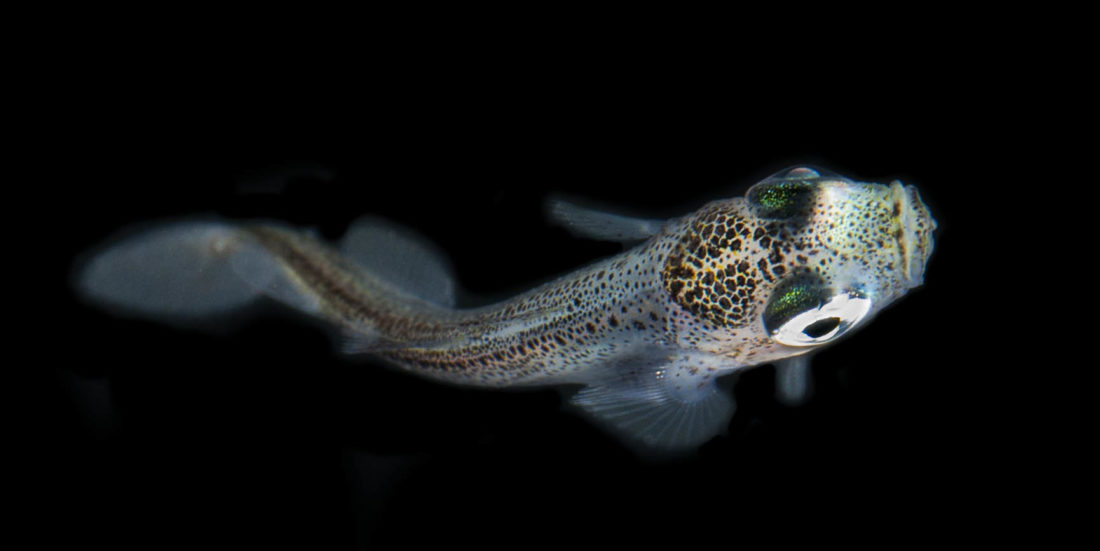Ocean acidification bad for cod
Increasing ocean acidification could double the mortality of newly-hatched cod larvae, a study just published in the American online journal PLOS ONE reports.
Increasing ocean acidification could double the mortality of newly-hatched cod larvae, a study just published in the American online journal PLOS ONE reports. An international team led by the German-based BIOACID research network on ocean acidification has quantified cod mortality rates in the western Baltic Sea and the Barents Sea under more acidified conditions. They integrated the results of two several-weeks long experiments with model calculations on stock dynamics. The various model scenarios showed that recruitment could decrease to levels of one-quarter to one-twelfth of the recruitment of previous decades, which the researchers say is a strong call for action for fisheries management.
As one of the most important commercial species in the North Atlantic, Atlantic cod (Gadus morhua) has been under intense fishing pressure for decades, causing stocks to shrink or crash. In the PLOS ONE article, the team of marine researchers, including NTNU biologist Fredrik Jutfelt, reported how ocean acidification caused by climate change increases stress on the species. When additional carbon dioxide (CO2) from the atmosphere dissolves in the ocean, the water gets more acidic – with negative consequences for the behaviour, growth and development of fish larvae.
In two independent experiments, scientists found that the mortality of cod larvae in the critical phase between hatching and the development of the gills was twice as high at elevated carbon dioxide concentrations than at current conditions. The experiments were conducted in Sweden and Norway as part of the German research network BIOACID (Biological Impacts of Ocean Acidification) and the EU BONUS project BIO-C3 (“Biodiversity Changes – Causes, Consequences and Management Implications”).
“Our results show for the first time how ocean acidification can add to the fishing pressure on stocks of a commercially important fish species,” said Dr. Catriona Clemmesen, head of the GEOMAR working group Larval Fish Ecology and the paper’s senior author. “The repercussions of anthropogenic climate change need to be included into stock projections and considered in the management of fish stocks. Only this will enable us to define realistic limits for fishing pressure and to avoid overfishing and depletion of fish stocks.”
To retain the stocks, fisheries ought to adjust to climate change, advises first author Martina Stiasny. “Ocean acidification cannot be completely avoided anymore. But the bigger the stocks are and the more responsibly and sustainably fishing activities are, the bigger the recruitment will remain. This will in the long run not only allow for larger fisheries, but also helps stocks to better adapt to climate change and other anthropogenic influences.”
Original publication:
Martina H. Stiasny, Felix H. Mittermayer, Michael Sswat, Rüdiger Voss, Fredrik Jutfelt, Melissa Chierici, Velmurugu Puvanendran, Atle Mortensen, Thorsten B.H. Reusch, Catriona Clemmesen: PLoS One 2016: Ocean Acidification Effects on Atlantic Cod Larval Survival and Recruitment to the Fished Population doi: PONE-D-16-03859R1





